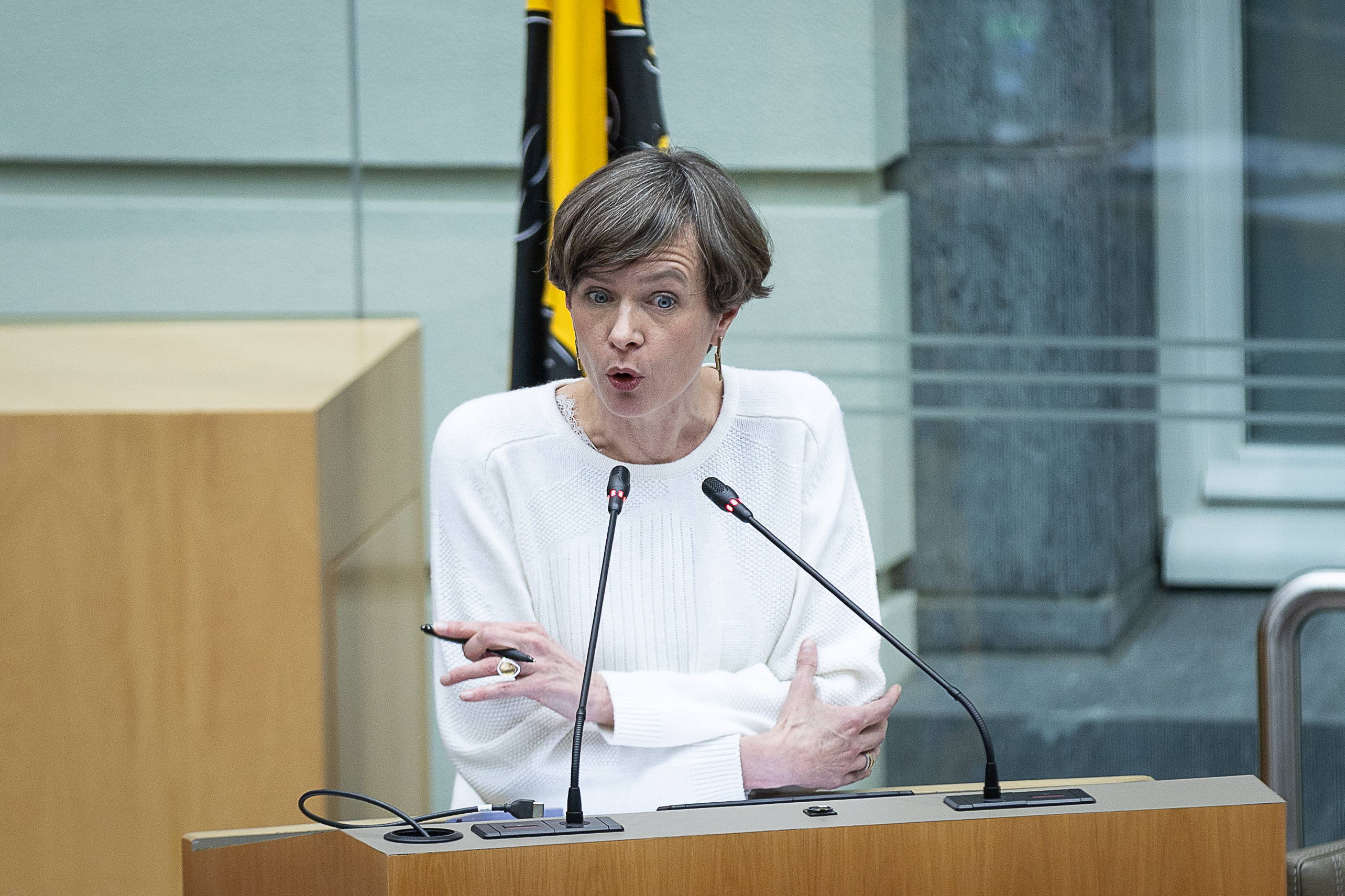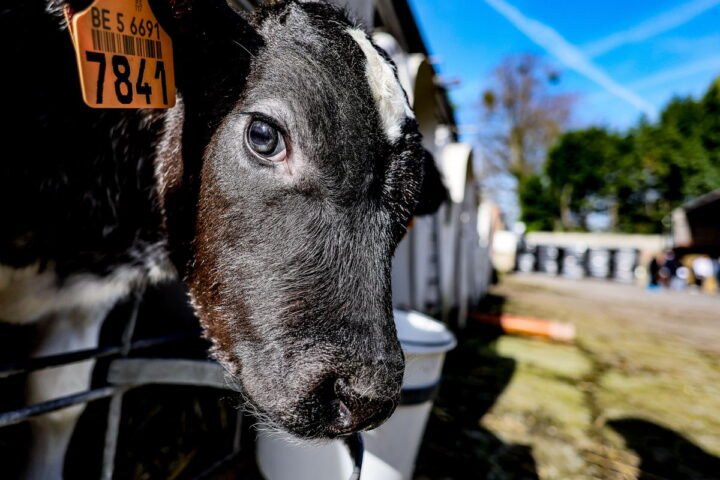The Flemish government is postponing the planned switch-off of FM radio, abandoning the previously proposed target date of 2031. Amid concerns over economic consequences and the potential exclusion of older listeners, the transition to digital radio will now proceed more gradually, with no new cut-off date set before 2035.
Although the target date was initially set after a study, Flemish media minister Cieltje Van Achter (N-VA) now says she wants to avoid leaving listeners behind during the digital transition. “We will take all radio listeners with us to the finish. So we are not opting for an accelerated switch-off of FM, but for a realistic, supported and smart transition to digital radio,” she explains.

Digital radio listening has grown rapidly in recent years. Between 2018 and 2023, the share of digital listening doubled from 21 per cent to 49 per cent, mainly due to the rise of DAB+. Expectations are that digital listening will continue to increase in the coming years.
Still, the timing of the FM switch-off has been debated for some time. Former media minister Benjamin Dalle (CD&V) initially proposed phasing out FM between 2028 and 2031. A study by Brightwolves and Ghent University later suggested that 1 January 2031 would be a realistic date to end FM broadcasts.
Economic and societal consequences
However, Van Achter is now deserting that timeline. She points out that the same study also warned about “economic damage to the Flemish advertising market that would amount to 31 to 62 million euros and the risk that people aged 65 and over, in particular, are at risk of falling by the wayside.”
“Radio is there for everyone in Flanders: on average, we listen to the radio for up to three hours a day; it connects, informs and relaxes. Anyone who drops that to go digital faster is not making any progress. That is short-sighted,” Van Achter notes.
“2035 at the earliest”
Instead of a fixed end date, Van Achter wants a gradual, sector-wide approach to reducing FM frequencies. She has not committed to a new deadline but has made it clear it would be “2035 at the earliest.”










